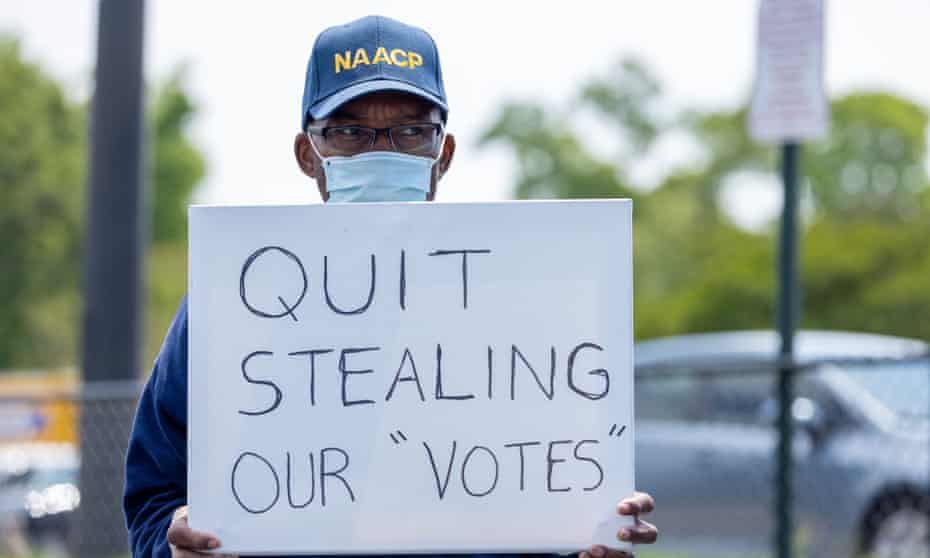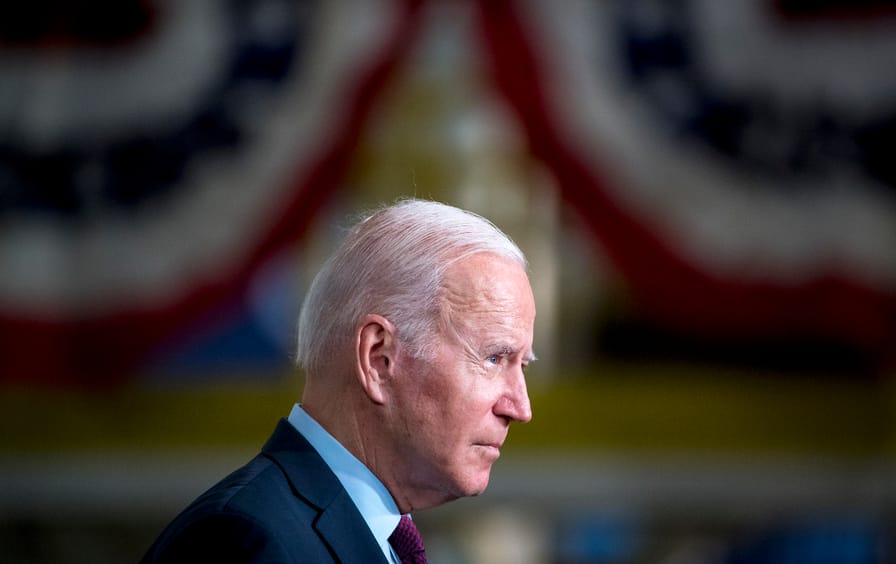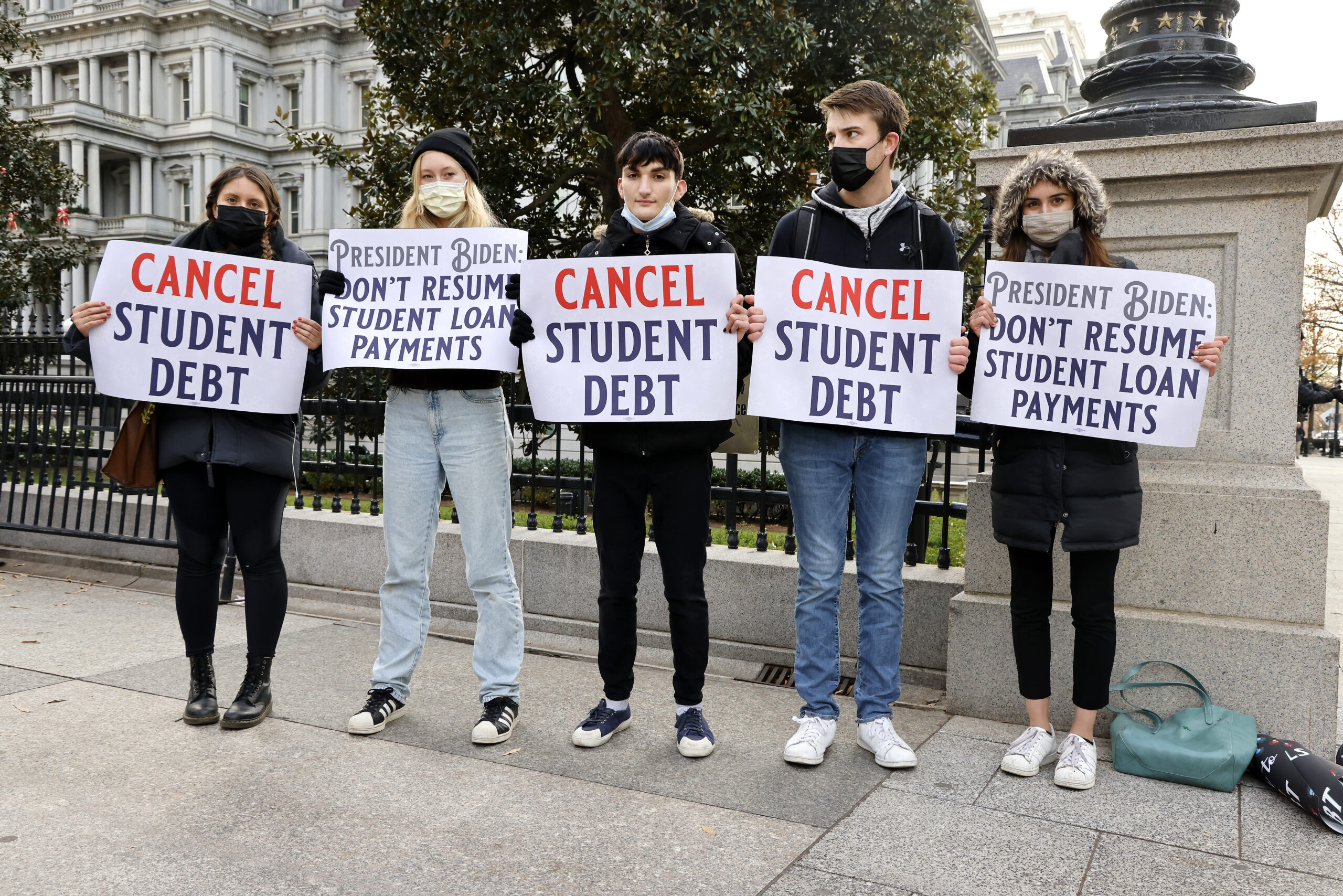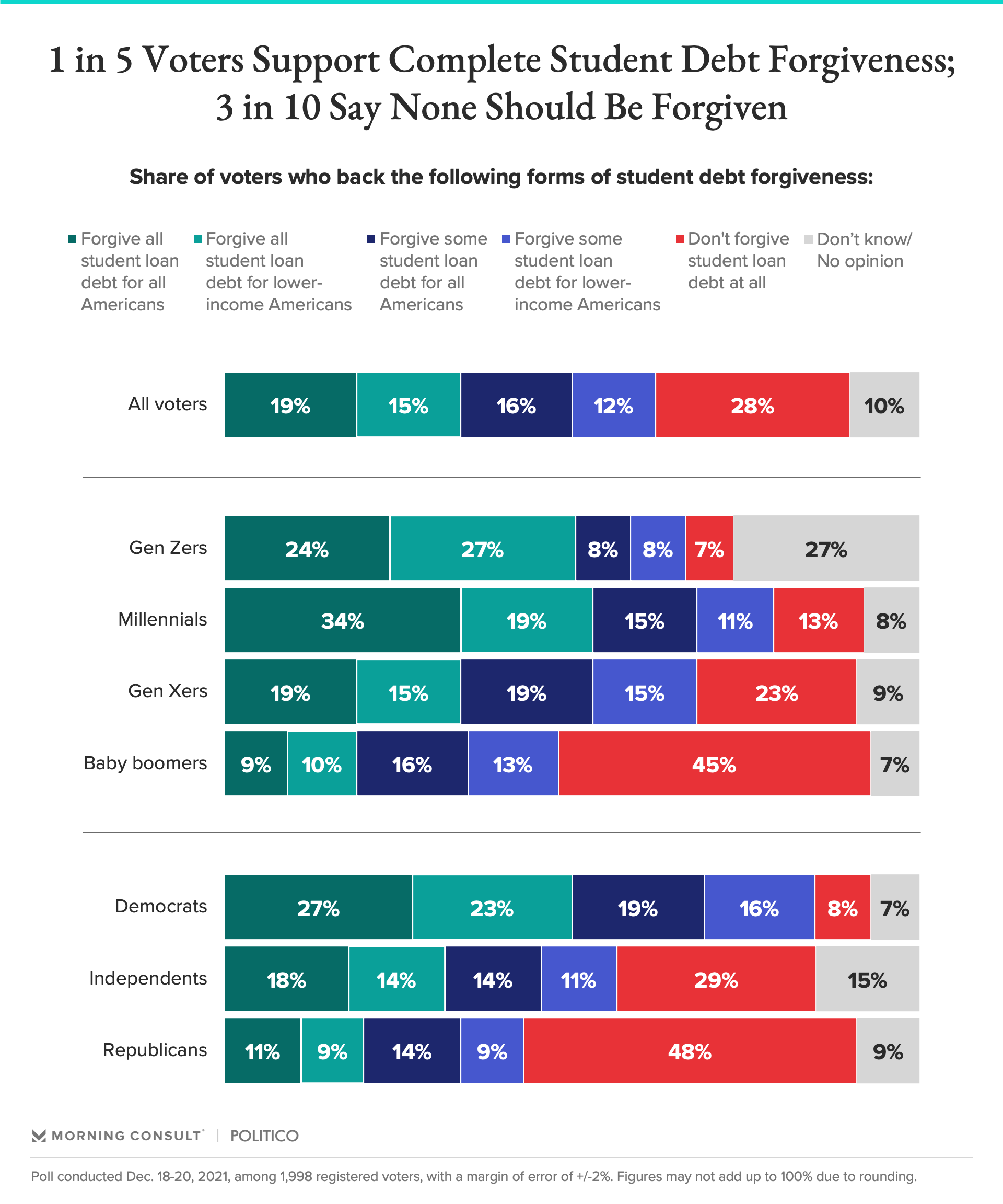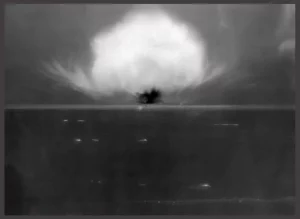It started with a riot and ended with people believing vaccines don't work.

Oscar Gonzalez
Dec. 22, 2021
Conspiracy theories aren't new. Theories about the JFK assassination have persisted for more than 50 years. Flat Earth has thousands of believers including a surprisingly significant percentage of millennials. This year, however, conspiracy theories yielded deadly consequences.
In 2021, the COVID-19 pandemic dragged on. Along with health and economic hardships, it also appears to have brought a growing interest in conspiracy theories.
"The COVID-19 pandemic has seen an explosion of disinformation online, around vaccinations, lockdowns and other health measures," said Simon Copland, a Ph.D. candidate at the Australian National University who studies misinformation on social media. "Much of this disinformation stems from other conspiracy theories, and there are now many more people being brought into the fold of these ideas after two years of frustration."
Those conspiracy theories flourished on social media and across the internet. While companies such as Facebook and Twitter put in place new policies meant to combat misinformation, it doesn't look like the problem will be going away.
Conspiracy theories about the 2020 election and COVID-19 vaccines stood out among the sea of crazy ideas this year for their real-world impact. While not all fringe-y ideas on their own are dangerous, conspiracy theories, fueled by misinformation on social media, contributed to the deadly Jan. 6 Capital riot and to hesitancy and outrage over COVID-19 vaccines and health policies meant to combat the pandemic.
A riot to ring in the new year
This year started with what both media members and former President Donald Trump have referred to as "The Big Lie," though for different reasons. Trump lost the 2020 election, but falsely claimed that the loss resulted from voting fraud. Social media platforms played whack-a-mole trying to curb the volume of election fraud posts but had a hard time keeping up.

Then-President Trump speaking at the "Stop the Steal" rally on Jan. 6. It was shortly after his speech that the rally-goers stormed the Capitol. Getty Images
On Jan. 6, the day Joe Biden was to be sworn in as president, thousands of Trump fans stormed the US Capitol after gathering for a "Stop the Steal" rally. Along with hundreds of injuries sustained by rioters and police, four attendees died: two from heart attacks, one from an accidental overdose and another from a fatal shot. All four were Trump supporters who believed the conspiracy theory that the former president didn't lose the election. There were also five Capitol police officers who have died since the riot: one from a stroke the day after, and four by suicide in the following months.
Some of the people at the riot were also confirmed supporters of QAnon, the far-right conspiracy theory purporting that Trump was engaged in a secret war against a cabal of Satanist Democrats and Hollywood celebrities. The QAnon movement continued on even when Biden took office, with some declaring multiple times that Trump was the secret president of the US. Some Q believers also spent part of November waiting for the return of John F. Kennedy Jr., the son of the assassinated president, who has been dead since 1999. In August, a man alleged that the QAnon conspiracy led him to kill his own children.
The pandemic some didn't believe was happening
But the conspiracy theories weren't just political. Even as COVID-19 vaccines started becoming more widely available in the US early in the year, public health officials worried they wouldn't have enough shots for everyone. Instead, they came across another problem: people spreading anti-vaccine misinformation that the shots were ineffective or even dangerous.
Factually incorrect memes and videos about vaccines spread on social media platforms such as Facebook, YouTube and TikTok, which has surged in popularity during the pandemic. Both medical professionals and frauds spreading misinformation shot up in popularity, finding an audience of people seeking voices that opposed the mountain of evidence showing vaccines are effective at preventing hospitalization and death from COVID-19.
The anti-vax conspiracy theories started off somewhat inane, with some claiming the vaccines contained magnets that caused metal to stick to their arms where they received the shot. This was debunked fairly easily.
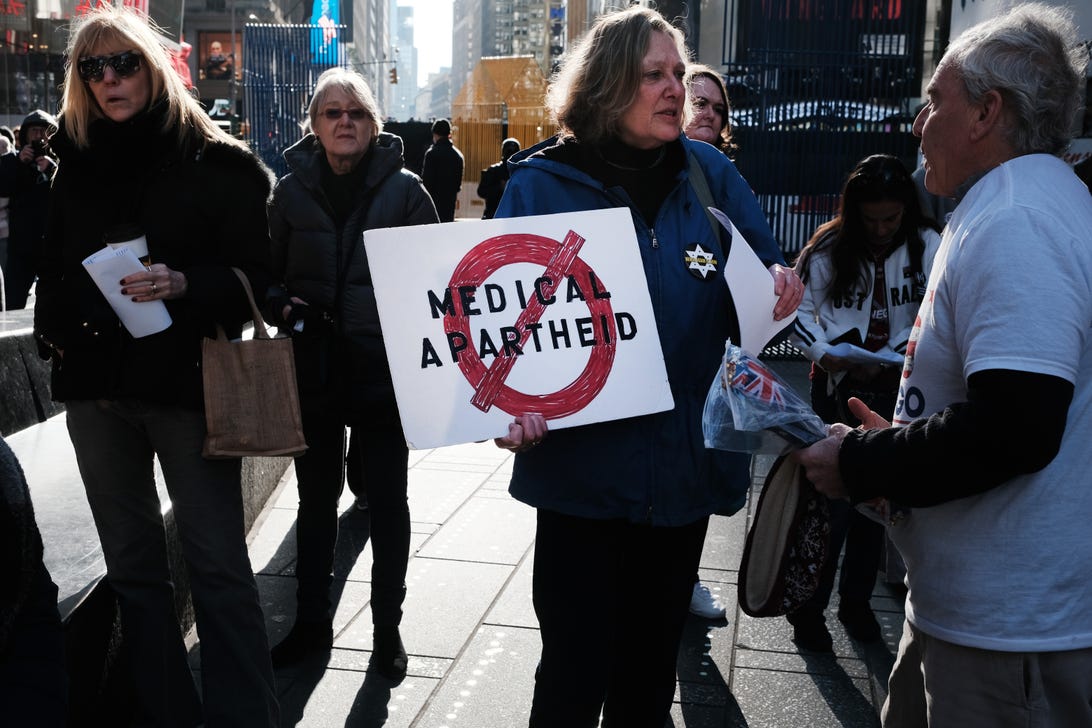
An anti-vax rally in New York City on Dec. 5.Getty Images
Conspiracy theorists ramped up the misinformation, claiming falsely that the vaccines were killing more people than they were saving. As "proof," some pointed to reports from the US Centers for Disease Control and Prevention's Vaccine Adverse Event Reporting System, a public health surveillance program to "detect unusual or unexpected reporting patterns of adverse events for vaccines." While VAERS does list cases of individuals experiencing side effects after vaccination, including death, the system doesn't confirm the vaccine was at fault.
Make no mistake, there can be side effects to the vaccines. The vast majority consist of flu-like symptoms, but some reactions do require a trip to the hospital. Still, the benefits of the vaccines far outweigh the risks of being unvaccinated and contracting COVID.
Misinformation about COVID-19 treatments also spread on social media, with the most popular concerning the antiparasitic drug ivermectin. There were some studies suggesting the drug could help those infected with the recovery process, but many of those were found to have inaccurate info, leading them to be redacted. More studies have shown ivermectin has no effect on COVID.
That didn't stop celebrities such as comedian Joe Rogan, UFC promoter Dana White and Aaron Rogers of the Green Bay Packers from telling people they took ivermectin after being infected with COVID. While these celebrities and others have taken a version of the drug for humans, there was an alarming number of people who took the livestock version, leading to an increase in calls to poison centers and two deaths due to overdose.
It's not possible to draw a clear line of causation between misinformation about COVID-19 and deaths from the virus. One board on Reddit purports to offer some insight on people who consumed these conspiracy theories. Called r/HermanCainAward -- a reference to the former Republican presidential candidate who died from COVID after attending a Trump rally -- the subreddit is filled with posts about people who shared misinformation about COVID-19 and later died from the virus, often told through screenshots of social media posts. They tend to follow a pattern: multiple screenshots of a person sharing misinformation about COVID, followed by posts where the individual says they've tested positive. The final image is usually of a family member or friends confirming the person died from the virus.
Will things be different in 2022?
It's apparent that conspiracy theories aren't going anywhere. Even if they get debunked, like those about the 2020 election and COVID vaccines, these theories have already spread too far, and it appears there's no stopping them.
"It would be really difficult to predict whether disinformation on social media platforms will get better or worse in the next year or so, but the indications are not good," Copland said, "These groups are becoming more intense. There is a good chance this will continue to grow."
